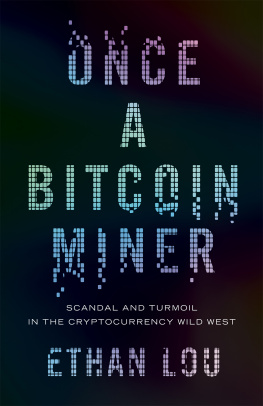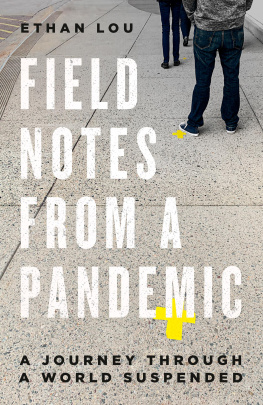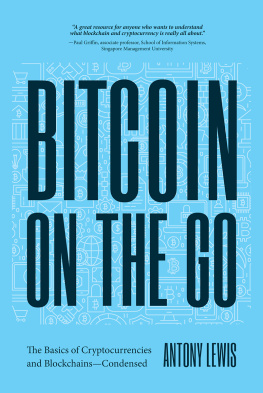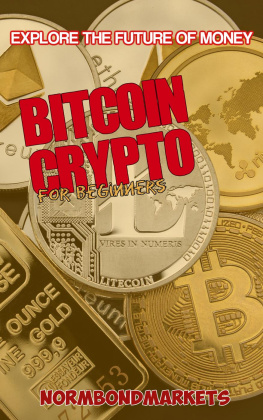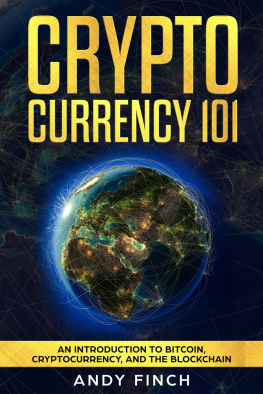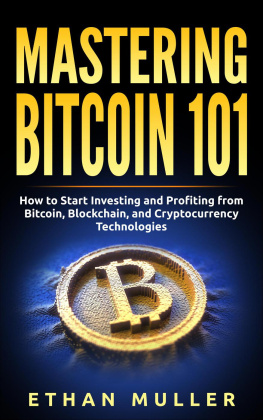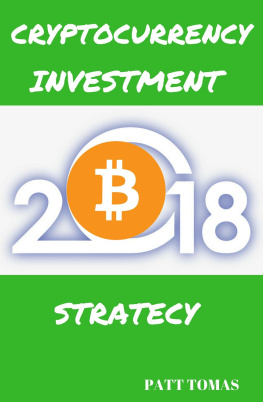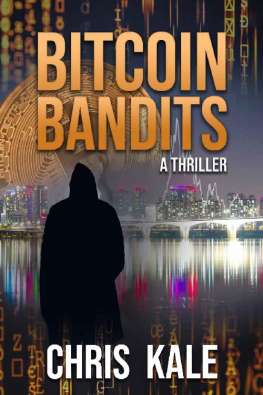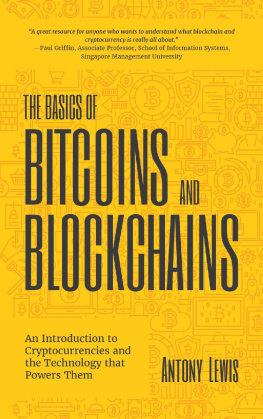Prologue
Jonathan Edwards rarely saw the neighbors across the street, but now he wondered if one day hed be walking by and see a shooting right out front. What about his three-and-a-half-year-old boy? Why were lawmen storming that house? And just three days before Christmas! Jonathan did not know. But he did know this: hed moved there for a reason. There, outside the city, you could watch your horse run for miles on the flat prairie grass and not see a single other person, but when you stopped your car by the side of the road, out of nowhere would come a helpful voice asking if everything was okay. There, people drew their curtains before sundown. The local gas station closed at 10 p.m. Jonathan had sought the hamlet for its bigger lots and tranquility. He had moved, in part, because nothing at all was supposed to happen there.
That night, inside the McMansion across from Jonathan, the sin was stacked black and high with weapons and drugs, and the 25-year-old gangster Real Honorio and four others were hauled away by the law under the waning crescent moon. Real would come to regret the pain and anguish his crimes caused, the sordid chapter of his life so mired in gunfire and blood he had been blind to what was important. As a boy, Real had been interested in art and had a sense of justice, having won the local newspapers Superhero Stamps contest by designing his own character, Flame Thrower. Now everything had culminated in the death of a dream, as Reals parents would describe, shame and brokenness to his whole family.
But that came only much later, after Real was arrested again, charged with and convicted for a different deed. Ten days after the December raid, Real was out on bail, and into his mind cantered the pale thoughts of death, fair and frigid like the falling snow. Revolver in hand, Real and his fellows stormed a Vietnamese restaurant. Muzzles flared amid the eaterys white lace curtains and aquariums filled with colorful fish, and two rival outlaws dropped to the ground, bleeding. The acrid smell of powder filled the air, bullet holes marred the green walls, and empty shell casings bounced upon the reddening floor. Keni Sua, a construction worker eating at the restaurant, ran out the door. He did not see the steely gun sights that stalked him.
Once married to a local doctor, Keni was a Pacific Islander who had first crossed the salty sea to North America to spread the good word of Jesus Christ. Keni had come to love the cleanliness of the New World, the warmth of its people, and what he had seen as its safety. Described as humble and gentle and with a great smile, Keni went to the restaurant often, and on that New Years Day he faded away in the frost outside, bleeding out between the snowbanks, the bright crimson flowing where no such color should ever be. For a moment, almost imperceptible, a faint vapor would have risen from Keni as his warmth was lost to the brittle air. Keni never learned why he was damned to die that January 1 of 2009, age 43, in Calgary in western Canada, in the bleak early winter, 6,000 miles from the island he had once called home.
Those who spend enough time on the internet may come across the term sonder, coined by the online linguistics project the Dictionary of Obscure Sorrows to describe the realization that each random passerby is living a life as vivid and complex as your own populated with their own ambitions, friends, routines, worries, and inherited craziness an epic story that continues invisibly around you like an anthill sprawling deep underground. In those stories, you might appear only once, as an extra sipping coffee in the background, as a blur of traffic passing on the highway, as a lighted window at dusk. And those moments are the faint links between different worlds, snaking through every look and every touch and every shoulder brushed. We hardly notice those links, and even when we do, we can never fully appreciate the strangeness of their paths or the complexities of the stories to which they lead.
There is no easy answer as to why Keni died that New Years Day. It was Reals .357-caliber revolver, and his finger on the trigger, but the islander was not his target. Real had mistaken him for a rival outlaw. The two did not know each other and shared nothing other than their presence in the restaurant that afternoon. Keni died simply because he was there, because the other restaurant he had wanted to visit was closed, because hed picked the wrong day to crave Vietnamese food. Leaving his homeland of Samoa to preach the gospel, Keni had been the protagonist of his own epic, but that afternoon, he was nothing more than an unwitting, unfortunate extra, sipping tea in the background of Reals life.
As Keni lay dying, the restaurateur Dan Dang hid in the freezer. She had not seen the bullets fly, but she had heard their murderous thunder, and she was both cold and scared. Later, Dan saw the victims on the floor. One was on his stomach, bleeding from his mouth. A young woman held the body and cried. That scene had come from a gang feud that Dan had done nothing to invite, about which she knew little and cared even less. What Dan did know, though, was her own story. She had fled a troubled Vietnam and endured the brutal high seas only to end up in a Malaysian refugee camp before finding a new life in North America. Dan screamed in her sleep that night. The restaurant had been the culmination of more than a decades toil in a local meat plant by her and her husband, who had also been a refugee. Now Dan didnt think she could ever go back. Meanwhile her husband worried that, with yellow police tape sealing off the place, there was no way to put food into the aquarium and that the fish were dying.
Two days later, on January 3, 2009, Bitcoin was introduced into the world, and in that same sonder-esque way that people silently pass through each others lives, through those elusive links that meander between worlds, all that turmoil of the December raid and the New Year shooting, all that sorrow and pain, that destructive convergence of all those dissimilar lives, would be connected to a new story, albeit faintly no more than a fleck of paint in the backdrop of an entirely different play.
Act I
2013 High: $1,200
Chapter 1
I grew up in Wuppertal in western Germany, the birthplace of both aspirin and heroin, invented by the same guy in a two-week period in the nineteenth century. My childhood began a little after the fall of the Berlin Wall, and my doctoral-candidate father supported the family on the modest income typical of his position. I remember when he hauled home an old bicycle for me, all the way from another city. I hated it and never rode it. I think it used to belong to a girl. The plastic decorations on the spokes were too pink, and like the hand-me-downs I wore, the bicycle was too big.
When I turned eighteen, it was in a job market battered by the 2008 financial crisis, a milestone marked by need and uncertainty. Banks had increasingly profited by offering risky mortgages to those who should not be getting them, and then building complicated investment products on top of them. When those borrowers couldnt repay, that triggered an avalanche in the interconnected financial system, and people around the world lost homes, jobs, and retirement savings. That same year, a faceless figure known only as Satoshi Nakamoto released a nine-page white paper, made with off-brand software: Bitcoin: A Peer-to-Peer Electronic Cash System. Whoever was behind that pseudonym, that person or group had been fueled and driven by the financial crisis. In Bitcoins first batch of transaction records, dated January 3, 2009, called the Genesis Block, Satoshi Nakamoto encoded a message that directly referenced that sordid affair. The creator cited a

